“The inapplicability of the arbitration clause cannot be inferred from the fact that one of the parties is unable to meet the cost of the arbitration proceedings, since the binding force of the clause is independent of the financial health of the signatories, and the impecunious party cannot use this as an argument to escape the jurisdiction of the arbitral tribunal”.
The Commercial Court of Pau in its judgment of May 26, 2020 (1) confirmed by the Court of Appeal of Pau on November 5, 2020 (2) has precisely taken up the principles laid down by the Pirelli (3) and Lola Fleurs (4) judgments of 2013, also reiterated by the Court of Appeal of Paris in 2015 (5).
In this case, a former franchisee, in accordance with the arbitration clause attached to the franchise contract, initiated arbitration proceedings before the International Chamber of Commerce (ICC) with a view to the annulment of its franchise contract to the detriment of the franchisor. HAROCHE AVOCATS acted as Counsel for the franchisor LA TAGLIATELLA SAS, and codefendants AMREST HOLDINGS and PASTIFICIO SERVICE.
The ICC has sent the parties a request to pay a provisional advance in an amount intended to cover the costs of the arbitration, assessed based on several criteria, in particular the financial claims before it. The Franchisor has refrained from advancing its share of the provision.
Indeed, pursuant to the Rules of Arbitration “Any party always has the option of paying the share of the advance on costs due by any other party if the latter fails to pay its share.(6) “
The ICC Rules also provide that “where a request for an advance on costs has not been complied with, and after consultation with the arbitral tribunal, the Secretary General may, direct the arbitral tribunal to suspend its work and fix a period of not less than fifteen days, on the expiry of which the requests to which the provision relates shall be considered as withdrawn. (…) such withdrawal shall not deprive the party concerned of the right to reintroduce the same claim in another proceeding at a later date (7) “.
Since the Claimant did not pay the advance on costs in full, the ICC Secretariat deliberated on the withdrawal of its claims. Given the termination of the arbitration proceedings, the former franchisee reiterated its action before the State Court arguing that the arbitration clause was manifestly unenforceable and that it had been the victim of a denial of justice.
However, as recalled above, the ICC Rules do not deprive the parties who have not complied with the requests for an advance on costs to reintroduce a request for arbitration, the arbitration clause then remaining in full force and effect, as the parties were not deemed to have waived it.
Consistent case law confirms this reasoning and indicates that the binding force of the arbitration clause is independent of the financial health of the signatory. The impecunious party cannot use this as an argument to escape arbitration jurisdiction. Thus, in the Pirelli decision of 28 March 2013, in which the defendant was unable to pay the advance claimed by ICC due to its judicial liquidation, ICC informed the arbitral tribunal and the parties, in accordance with Article 30(4) of the ICC Rules in force at the time, that the counterclaims were deemed withdrawn.
The Paris Court of Appeal, by judgment of 17 November 2011, had set aside the award on the grounds that it violated the right of access to justice and the principle of equality between the parties (8). However, the French Supreme Court held that the arbitration clause was not manifestly inapplicable and that such manifest inapplicability could not be inferred from the alleged impossibility of the defendant company’s liquidator to meet the cost of the arbitration proceedings.
The Paris Court of Appeal reiterated this principle in the Lola Fleurs decision, stating that: “the manifest inapplicability of the arbitration clause cannot be inferred from the alleged inability of Lola Fleurs to meet the cost of such proceedings due to her financial situation and the resulting denial of justice, whereas it is in any event up to the arbitral tribunal to allow access to the judge“.
The principles laid down in these two previous judgments were confirmed by the Paris Court of Appeals on April 7, 2015, which reaffirmed that the manifest inapplicability of an arbitration clause cannot be inferred from the alleged impecuniosity, whether the party claiming it is a claimant or a defendant in the arbitration proceedings, and that it is up to the arbitral tribunal to ensure freedom of access to justice (9).
More recently, the French Supreme Court has reinforced the position adopted by the judges on the merits of the case, considering that the manifest inapplicability of the arbitration clause cannot be inferred solely from the fact that one of the parties is unable to meet the costs of the arbitration proceedings (10).
Finally, in a case opposing the same franchisor, defended by HAROCHE AVOCATS, against another former franchisee, the Commercial Court of Montpellier confirmed “that when a request for an advance payment is not satisfied, the withdrawal does not deprive the party concerned of the right to withdraw from the arbitration proceedings” (11). This Judgment was confirmed by the Court of Appeal of Montpellier, on October 27, 2020 (12).
Therefore, the impecunious party to the arbitration proceeding may not prevail itself from a denial of justice; it is highly recommended that it refers, upstream, to third-party specialized funders.

